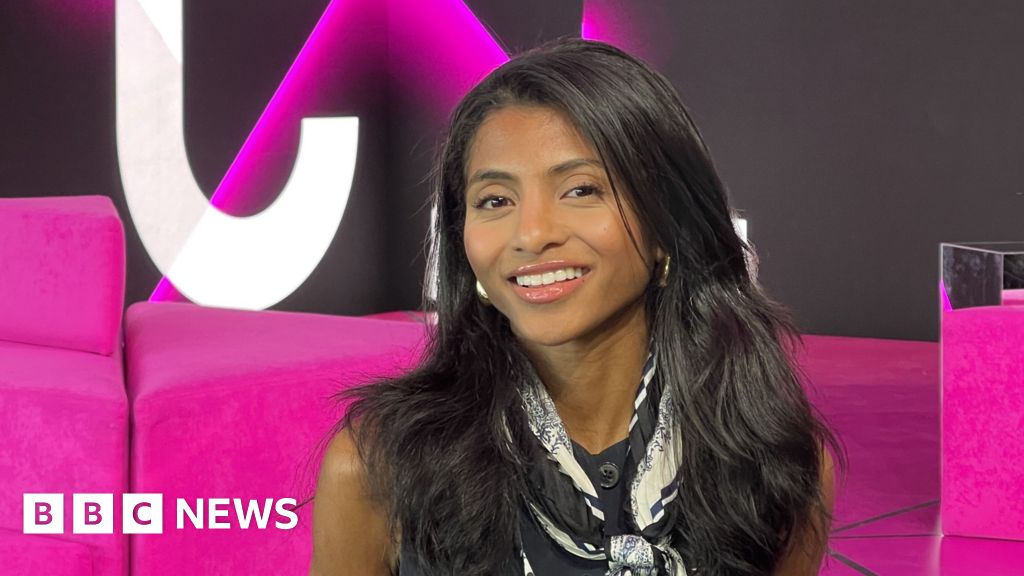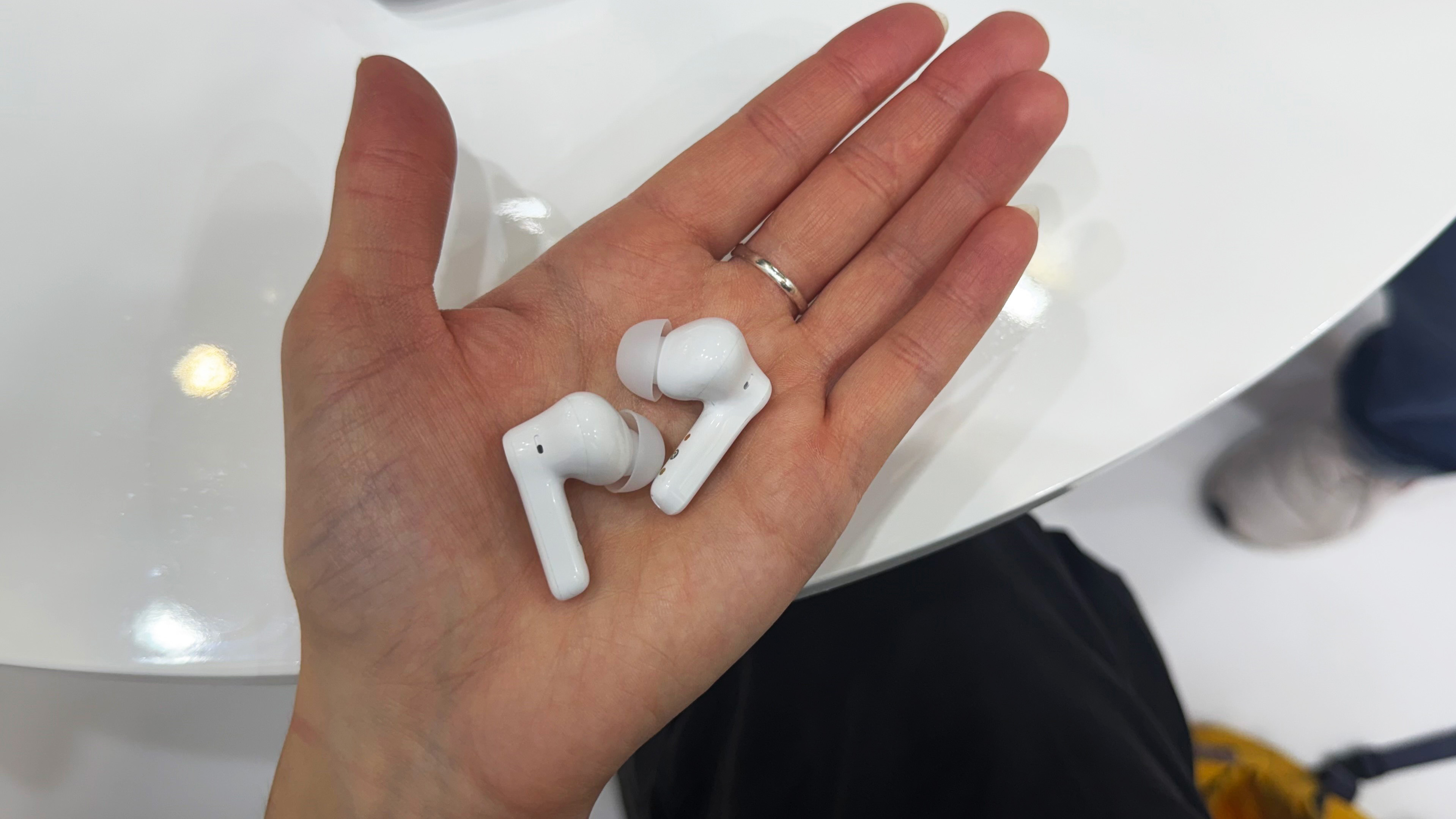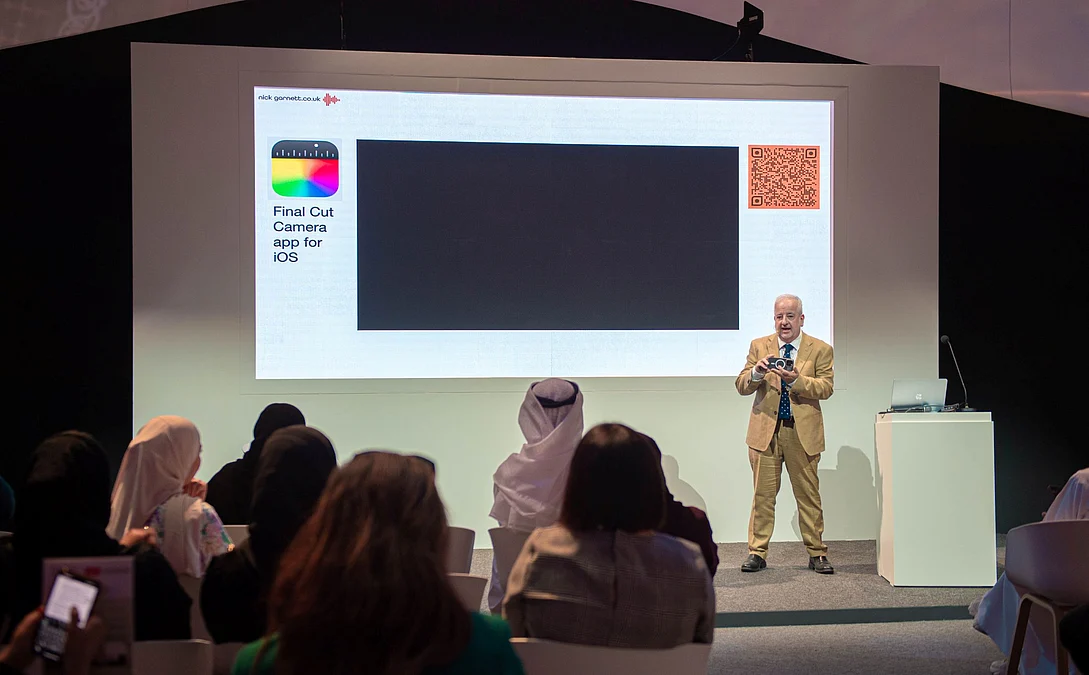By Suzanne Bearne
Copyright bbc

Like most people, when Anja-Sara Lahady used to check or research anything online, she would always turn to Google.
But since the rise of AI, the lawyer and legal technology consultant says her preferences have changed – she now turns to large language models (LLMs) such as OpenAI’s ChatGPT.
“For example, I’ll ask it how I should decorate my room, or what outfit I should wear,” says Ms Lahady, who lives in Montreal, Canada.
“Or, I have three things in the fridge, what should I make? I don’t want to spend 30 minutes thinking about these admin tasks. These aren’t my expertise; they make me more fatigued.”
Ms Lahady says her usage of LLMs overtook Google Search in the past year when they became more powerful for what she needed.
“I’ve always been an early adopter… and in the past year have started using ChatGPT for just about everything. It’s become a second assistant.”
While she says she won’t use LLMs for legal tasks – “anything that needs legal reasoning” – she uses it in a professional capacity for any work that she describes as “low risk”, for example, drafting an email.
“I also use it to help write code or find the best accounting software for my business.”



